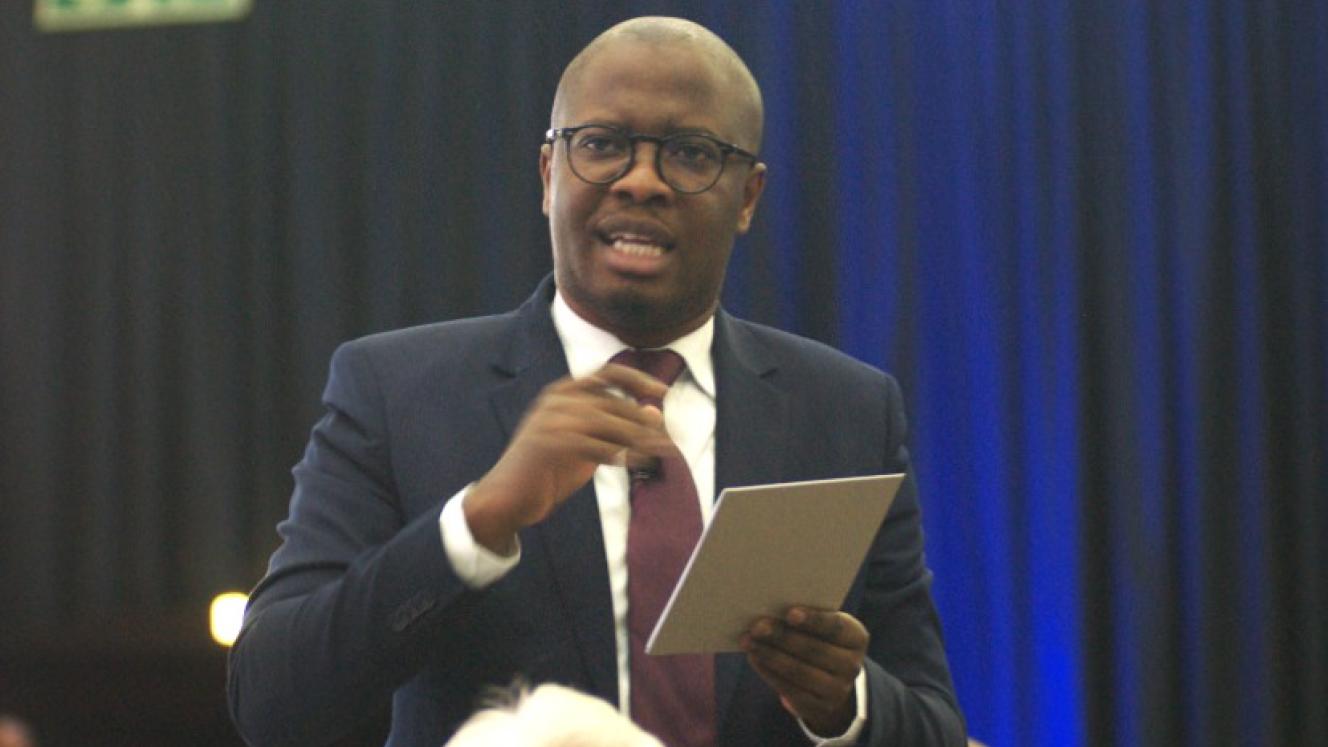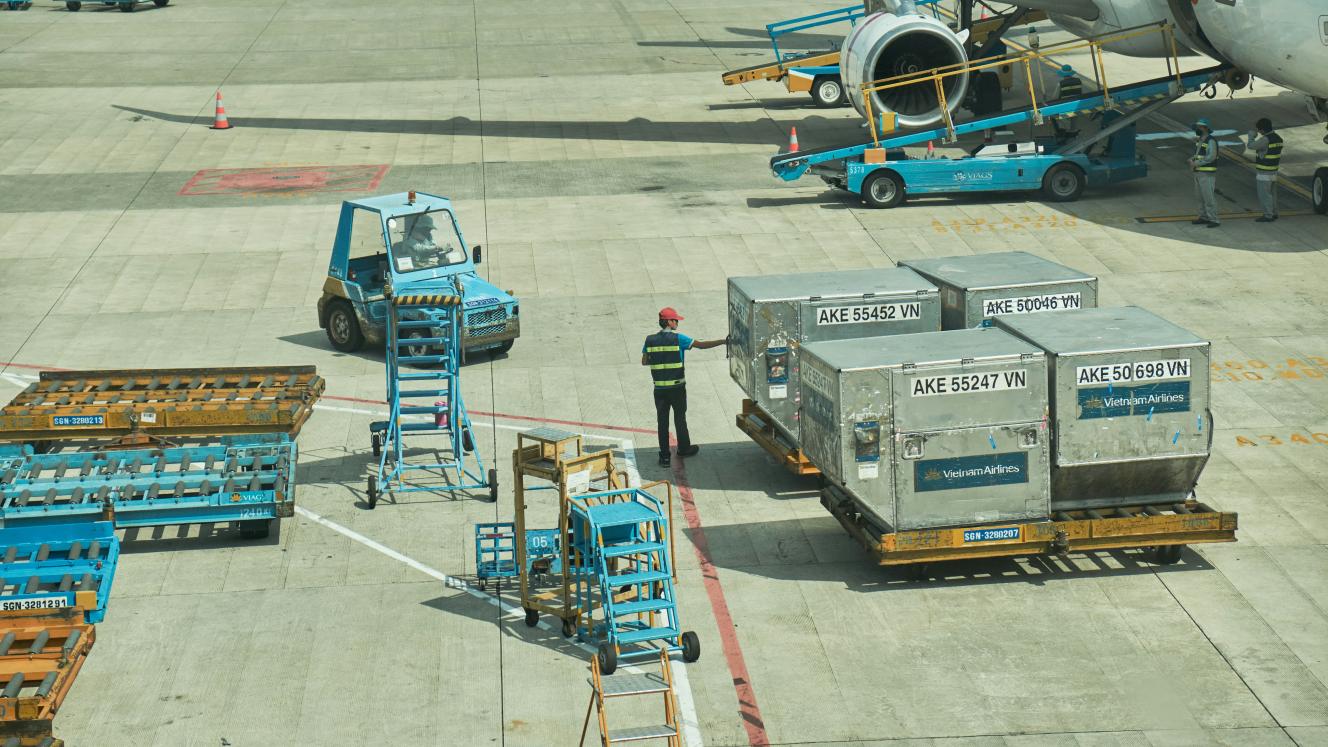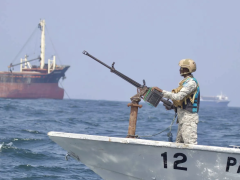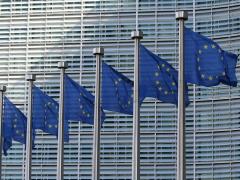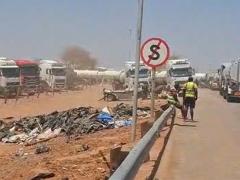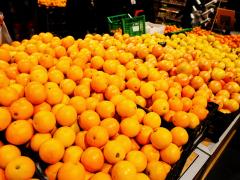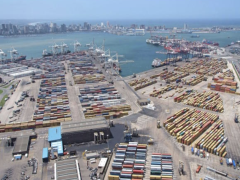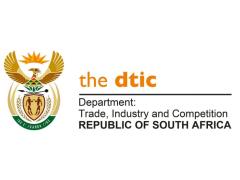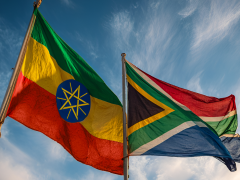South Africa finds itself at a pivotal moment in its economic trajectory, given the 30% tariffs the United States has imposed on exports from the country, deputy minister of Trade, Industry and Competition (DTIC), Zuko Godlimpi has said.
Speaking on the first day of an Export Symposium in Midrand, he said through “market diversification” and greater awareness about existing trade arrangements already in place with other markets, the US tariff shock was “not insurmountable”.
What was important, said Godlimpi, was for the country to shift from over-focusing on the potential wrecking-ball effect of the Trump Administration’s trade war, such as the potential loss of 33 000 jobs, by concentrating on opportunities.
Countries like Malaysia, Indonesia and the Philippines, he said, had already expressed their willingness to increase trade with South Africa.
Godlimpi said in many instances local exporters were simply not aware of the market alternatives available to them.
China and its regional neighbours, including several other nations affiliated to the Global South grouping of emerging economies, could provide alternative destinations for South African commodities.
Godlimpi also advocated for local commodity diversification beyond agro-processing and the automotive market.
But strengthening relations through existing trade pacts with BRICS members and through the African Continental Free Trade Area (AfCFTA), comes with its own set of challenges.
During a Q&A session immediately after Godlimpi’s speech to a mostly empty hall at Gallagher Estate, he was asked why it was so difficult for South African manufacturers in the medical industry to trade intra-regionally with the rest of the continent.
Godlimpi said medical export potential from South Africa into the world’s biggest economic bloc was compromised mostly by existing legacy issues with other African countries.
However, he said the Department of Health was well aware that South Africa was well positioned to benefit from Africa’s growing demand for pharmaceuticals – the highest in the world.
Asked by another attendee why South Africa did not export vehicles to a growing African economy such as Kenya, he said “rules of origin” was an ongoing stumbling block hampering AfCFTA’s true potential, recorded as representing 1.3 billion people with a combined GDP of US$3.4 trillion.
